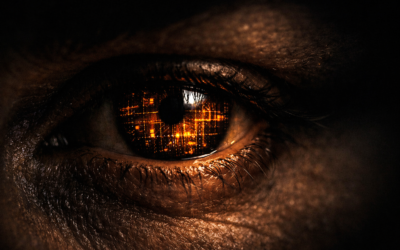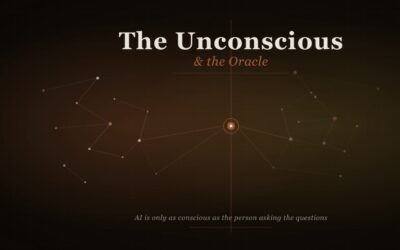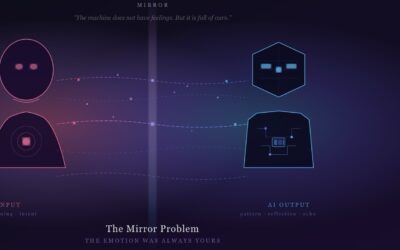We often hear that if we have nothing nice to say, it’s better to stay silent. But what about when silence itself becomes the wound?
Silence has power—not just in moments of peace or reflection, but in ways that can be deeply damaging. When major issues are ignored, when apologies are withheld, when facades are maintained in the name of culture or pride, silence becomes a tool of harm. It forces those affected to fill in the gaps, to write and rewrite painful narratives in their minds, often leading to self-doubt, anxiety, or worse.
In many cultures, particularly in Asian households, silence is mistaken for strength. Problems are swept under the rug, difficult conversations never happen, and unresolved pain festers beneath the surface. But silence doesn’t erase truth—it amplifies it in the most isolating way.
To those who choose silence as a form of avoidance, believing it does no harm: consider the weight it places on the other person. Acknowledgment, even if imperfect, holds more humanity than the void of nothingness. You may not change the outcome, but empathy—real empathy—requires awareness of how silence is perceived.
Before you choose to stay silent, ask yourself: Is it peace, or is it neglect?




0 Comments